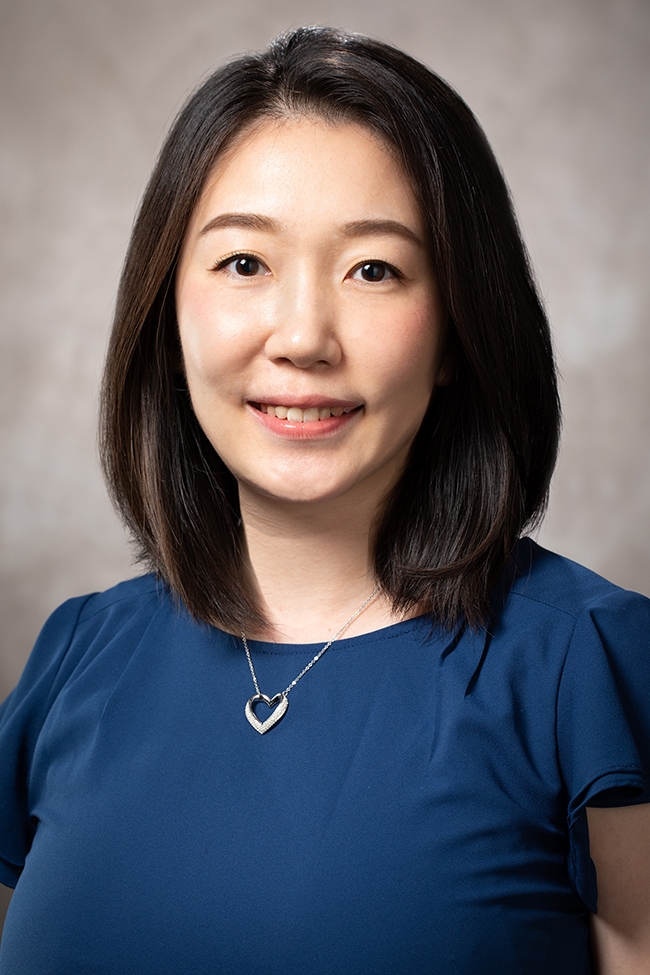
A new study by a University of Arkansas communication researcher shows that breast cancer patients with strong social support are more likely to take an active role in treatment and experience positive outcomes.
Mengfei Guan, assistant professor in the Department of Communication in the J. William Fulbright College of Arts and Sciences, joined the university in 2019.
Guan's particular interest is to discover ways in which communication can be leveraged to promote health. Her research findings on the relationship between social support and patient participation in the treatment process among breast cancer patients were recently published in the scholarly journal, Health Communication. Along with three other researchers, Guan analyzed data gathered from clinical trials of 661 women with breast cancer.
"Breast cancer is the second leading cause of cancer death among women in the United States," Guan said. "Coping with cancer is a stressful process, as it involves both physical suffering and psychological distress. Challenges associated with coping with cancer may prevent people from actively participating in cancer treatment. What factors can empower and equip women with breast cancer to take part in medical decision-making process? This is the overarching question that inspires me to look into this issue."
Based on previous studies, a positive correlation has been observed between a patient's involvement in the medical decision-making and improved outcomes of care. Furthermore, patients with social support—those who have "the perception of being cared for and loved, being esteemed and valued, and being involved in social networks"—have shown to be healthier than those lacking social support.
Guan noted that a whole-health approach could lead to favorable outcomes.
"This study explores factors that can enhance patient participation in health care among women with breast cancer. This patient-centered perspective is consistent with the whole health approach that people should take charge of their health — a state of physical, mental, and social well-being. Each of us is a unique individual as well as a social being. What we think (cognition), feel (emotion), and do (behavior) hinge upon individual differences and social influences," Guan said.
The study implies communication with the care team should be encouraged to women with breast cancer. The patient's level of health information surrounding their condition plays an important role in communicating with their doctors. Guan and her colleagues suggest that health centers seek to increase health information competence among their patients and encourage active participation through training programs.
"As shown in the findings, perceived social support empowers women battling breast cancer, making them feel connected and cared for," Guan explained. "This empowerment then translates into equipping them with abilities to manage information about their health, ultimately achieving their communication goals in medical encounters."
Guan presented this research study in San Diego, California, at the 2017 Annual Conference of the International Communication Association.
Topics
Contacts
Sarah Brown, communications assistant
Office of Research and Innovation
479-575-6874, sarahb@uark.edu